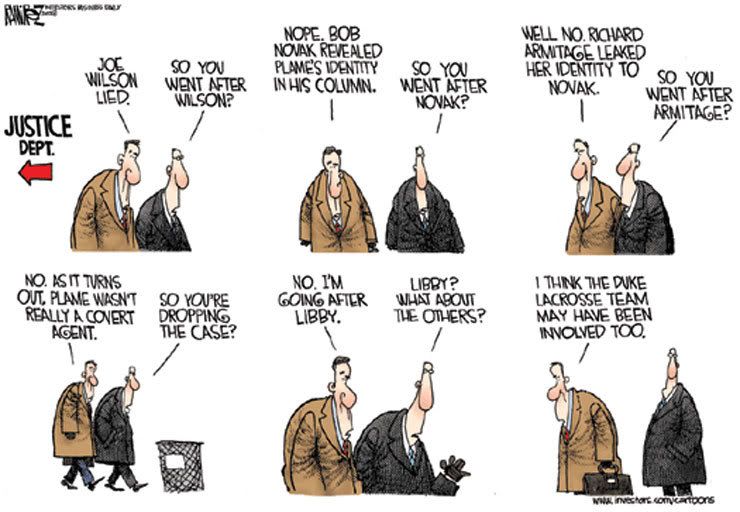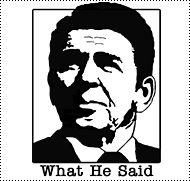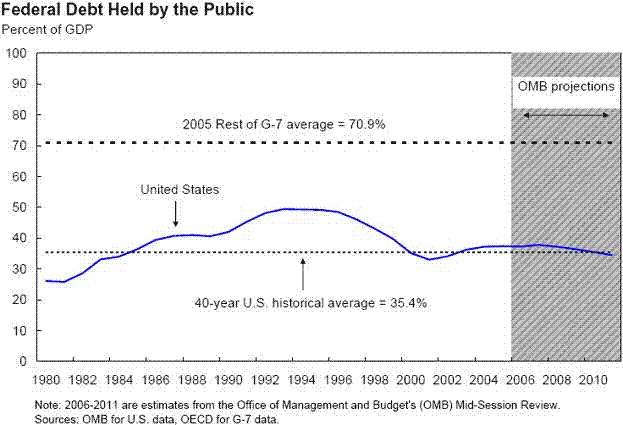The Wall Street Journal's on top of a
story regarding Wal-Mart CEO Lee Scott hooking up with labor unions to promote "universal health care."
As
previously reported on this blog, hiking health care spending tends to do do more to the detriment of the bourgeois pocketbook than it helps (Conover, et al). The OJ juries of media and convenience fail to pass judgement on the deceptively appealing plan of Hillary Care.
WSJ explains:
But any money government spends on health care has to come from somewhere (read: taxpayers). Health care is a big reason that the overall tax burden is as high as it is in most of Europe. According to the OECD, the "tax wedge" as a share of all labor costs was only 29.11% in the U.S. in 2005. It was above 40% in most of Europe, and above 50% in France and Germany. These countries spend little on defense, so "national health care" and other social services explain the high tax burden. We haven't noticed these economies being especially "competitive" of late.
Before deciding that corporations that are symbols of private enterprise such as Wal-Mart inherently understand market effectiveness and capability, thus giving them deistic authority on health care, some facts should stay in the back of our minds. Primarily that a major cost to these businesses is health care benefits, and what's more convenient than the idea of dumping it on the taxpayer.
-----------------
As
Oxford Analytica explains, there are three commonly attributed advantages to Universal Coverage: access, less free-riders, and less adverse selection; while having two disadvantages: affordability and financing. Noble as it sounds (perhaps with shaky redistribution morals), sustainability is non-existent.
The most attention-grabbing Hillary Care issue of late is Gov. Arnold Schwarzenegger's (R-CA) push for universal coverage in California. David Gratzer, M.D. a Senior Fellow at the Manhattan Institute and author of
The Cure: How Capitalism can Save American Health Care issued a
must-read critique of the plan a couple of weeks ago. He explains that the Schwarzenegger plan regulates how and how much providers spend on their policies, institutes outrageous physician fees, and hikes taxes. Perhaps one of the most enlightening observations goes beyond revealing plan failures, and back to examining how the status quo is portrayed.
The uninsured are depicted in popular culture as lost and forgotten--the single mother in the emergency room struggling to make ends meet for her three children. But the uninsured are a heterogeneous group. Drawing on Census Bureau data, the Blue Cross Blue Shield Association found in a 2003 report that a third of the uninsured have family incomes of more than $50,000 a year, and for 16% of the uninsured, incomes exceed $75,000 a year. A Health Affairs study on nonpoor uninsured Californians pegs their average annual health spending at $200 per person. Many people have done the math and have decided not to get coverage. In addition, a third of the uninsured already qualify for Medicaid or some other type of program. Of the remaining third, many are without insurance for only a brief period, usually less than a year.
To be sure, there are 8 million Americans who slip through the cracks, unable to get coverage. But that's far fewer than the commonly quoted disaster figure of 46 million.
Dr. Gratzer explains that only six states have more service mandates than California. Plans cover acupuncture, in vitro fertilization, chiropractors, and so forth while repealing measures that protect providers from competition. He also spends time explaining the necessity of Health Savings Accounts (HSAs), which I have long advocated. He also laments the folly of poorly structured tax incentives while maintaining the need for giving breaks to those who
can't acquire care.
California needs to allow businesses to provide plans to cover catastrophes, it should engage in HSAs, adjust the tax code, and maintain innovation with accessibility. This won't happen by using tax dollars to provide coverage to families earning $60,000 annually, or by divorcing choice from consequence in health care.





